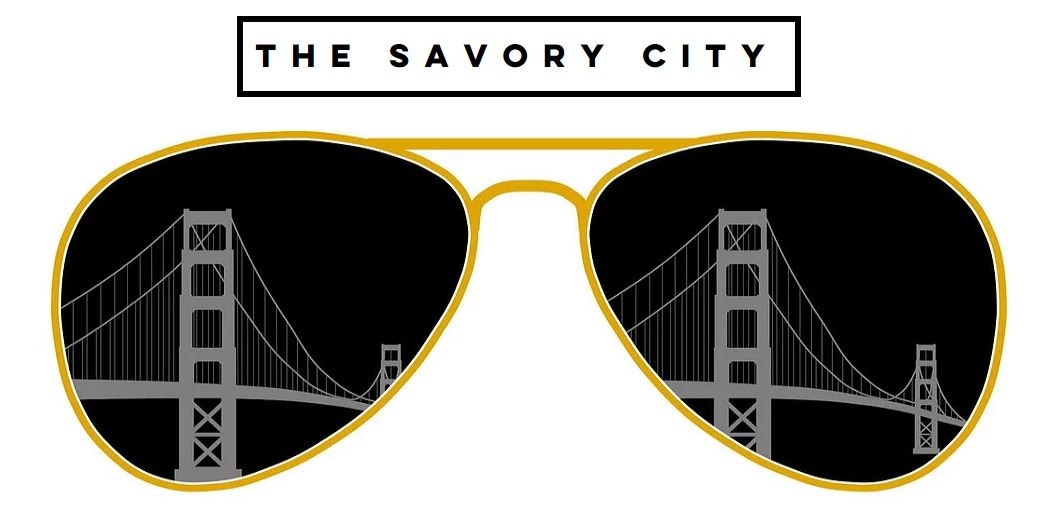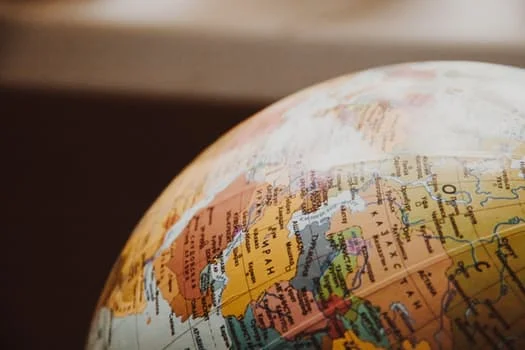What is the value of friendship? There are two articles I recently read that have prompted me to ask this almost deceptively simple question. One of my professors recommended these two articles as part of a small discussion group on the practice and value of friendship in the modern world.
One article, entitled America: Land of Loners? by Daniel Akst, discusses what our society needs to relearn about the value of friendship. True friendship often gets overlooked in favor of casual acquaintances and sometimes forcing closeness with a new friend too quickly can prevent it from developing into something deeper. Akst looks at the three types of friendships according to Aristotle:
- Friendships of utility-- contacts you use to network or to get ahead in life
- Friendships of pleasure-- drinking buddies, people with shared interests
- Friendships of virtue (the highest form of friendship)-- true friends who only want what is the best for you in life; you both help each other become better people
The main difference between these three is that friendships of utility and pleasure [while nice to have], will end once their purpose is fulfilled. If you have a friend that you keep in hopes that he'll help get you a job, you won't need him anymore once you get the position. If you hang out with someone because they have fun jokes, you’ll have no reason to stay once they stop being funny. Of course, I'm not saying that friendships of utility and pleasure have to end after their function is gone, but I am saying that you need something more substantial than utility and pleasure to sustain the relationship long term.
Those are pretty cool classifications, aren't they? Ever since we studied these categories of friendship my freshman year in college, I've often thought about which friends of mine would fit into these types. I guess some people may find it insensitive or vulgar to classify friendships, but I think it's actually helpful. It requires you to take a closer look at your relationships and forces you to reevaluate what you put into them and what you get out of them.
Christine Rosen in her article, Virtual Friendship and the New Narcissism asks the important question of whether technology and social media undermine our ability to know ourselves and relate to others in a meaningful way. She talks about Facebook and Myspace profile pages as the modern-day equivalents of posed oil portraits. Our social media pages reveal how we want to appear to the online world. Do we add casual acquaintances or random strangers as contact lists to make it look like we have hundreds of "friends"? Do we list obscure bands and artists in our About Me section to show how cool and alternative we are? Do we post group pictures of ourselves at crowded parties so that others will think we're popular? I admit that I've been guilty of some of this in the past. Who hasn't? What's the point of even having a Facebook if you're going to make it boring or make yourself look like a loser?
One of the main criticisms Rosen has about our increasing dependence on social media is that it threatens to affect or even replace our real-world friendships. She talks about how friends become a type of commodity. It encourages people to treat friends as collectors items. If someone adds you on Facebook as a friend, a typical response would be to post on their wall and say, "Thanks for the add!" When someone de-friends you, it's a huge deal... even if you never actually talked to that person. When someone first starts a Facebook account, one of the first things to be done is to add friends-- and a ton of them quickly. Nothing looks worse than looking at your own Facebook page to see that you only have 4 or 5 friends. Even if your Facebook account is brand-spanking-new, there's an expectation that you'll acquire a decent number of friends by the end of the week. About 50 or 60 would be pretty good for a first week, and if you're not up to 300 friends by the end of the month, then obviously something's wrong with you. Friendships end up being evaluated quantitatively, not qualitatively. Friends become status.
While most functioning people can discern the difference between virtual friendships and "real" friendships, it remains to be asked whether our online habits affect how we interact with others in real life. The raison d'être of social media is the convenience of "connecting" with others. It's so much easier to Facebook chat with someone than to visit them or even to pick up the phone and call them. It's easier to post a happy birthday on someone's wall than to send a card. While the convenience is fantastic a lot of the time, it can also make people too lazy to make an actual effort.
I think this is perhaps one of the basic foundations of true friendship: effort. It's the difference between going out of your way to have lunch with someone and just text blasting a "What're you up to?" message to all of your phone contacts. It's what shows you who really cares about you. These are the people who will take the extra time to listen to your problems, to cheer on your accomplishments, and simply to sit around with you doing nothing. I think one of the most insightful observations in Rosen's article is that online relationships reveal an avoidance of vulnerability, which is essential to true friendship. She writes, "Real intimacy requires risk-- the risk of disapproval, of heartache, of being thought a fool." I can't even remember all the times that I've made a fool of myself with my friends. We joke around, poke fun of each other, and even have serious moments of self-disclosure. I know a friendship is real when I can let my guard down around that person because I trust that he or she will have my best interest at heart and vice versa.
Real friends are hard to come by. As American critic John Leonard once wrote, “It takes a long time to grow an old friend.” True, but they’re worth the effort.



